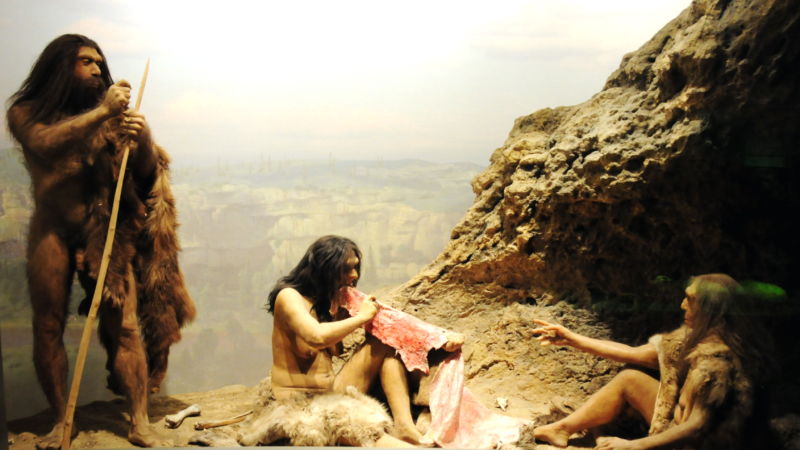Darwin’s Unfinished Symphony: How food and culture made the human mind

Enlarge / Eating our way to world domination. (credit: Vince Smith - Flickr)
In The Hitchhiker's Guide to the Galaxy, Douglas Adams noted that "on the planet Earth, man had always assumed that he was more intelligent than dolphins because he had achieved so much-the wheel, New York, wars, and so on-whilst all the dolphins had ever done was muck about in the water having a good time. But conversely, the dolphins had always believed that they were far more intelligent than man-for precisely the same reasons."
This is an interesting point, and one that's tackled in great detail in Kevin Laland's new book, Darwin's Unfinished Symphony. Other species are indisputably smart; they can learn by example, they can communicate, they can innovate to solve problems, they can use tools, they may even have distinct cultures. But humans are clearly different. Other species don't listen to Baroque concerti or read classical philosophy hundreds of years after the scores were composed or the treatises written. They just don't.
A culture of teachingThis difference really bugged Laland. He is loath to say that humans are special because that implies some vast, unbridgeable gulf between us and our closest kin. Laland is an evolutionary biologist, and he doesn't go for those sorts of claims. He knows that humans evolved from a common ancestor with other primates through natural selection and other such well-defined mechanisms.
Read 9 remaining paragraphs | Comments